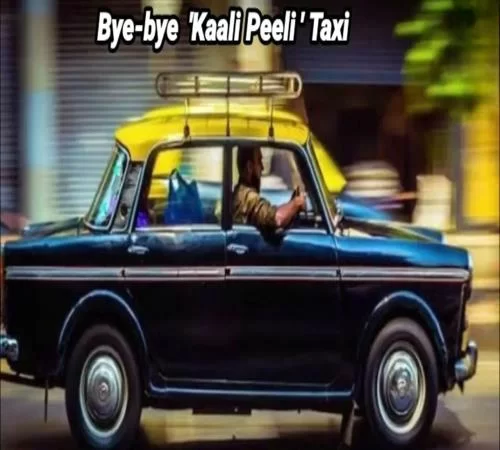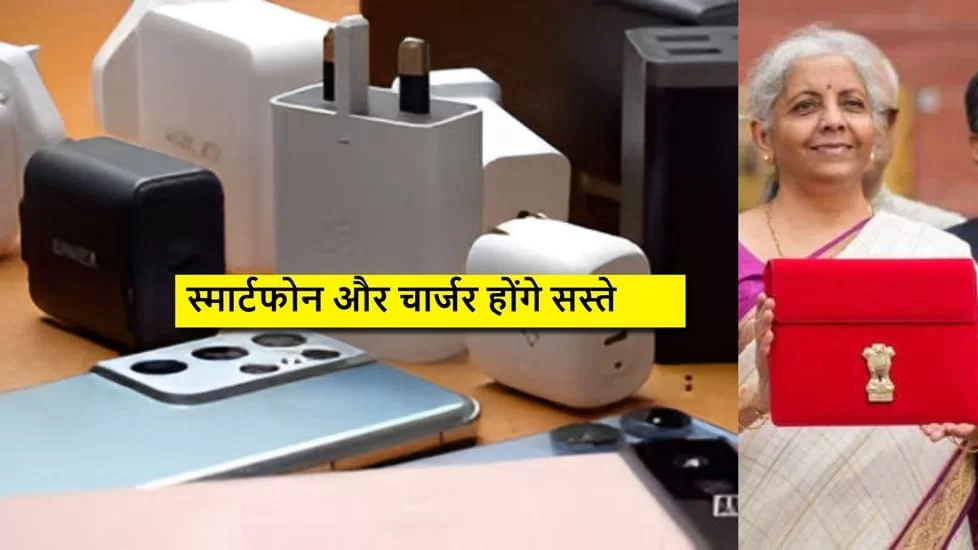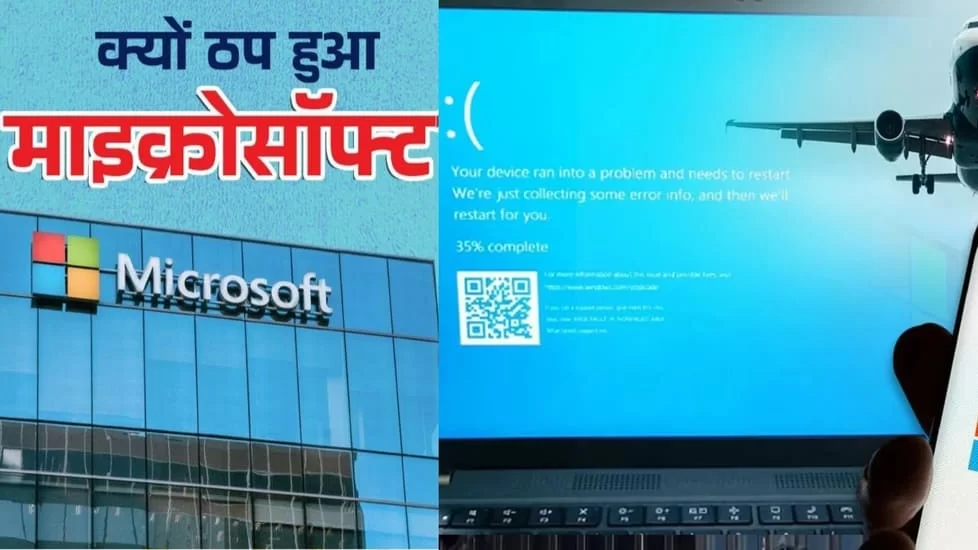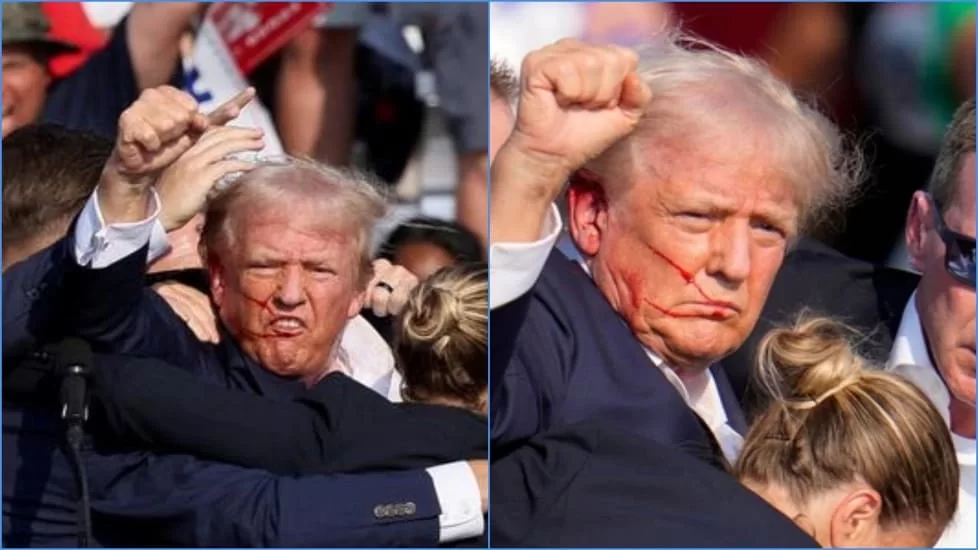

End of an Era: The History and Retirement of Mumbai's Premier Padmini Taxis, Kaali-Peeli taxis will no longer be in Mumbai as government decided to replacement them.

Share with social media
In the big city of Mumbai, taxi cars have changed a lot over the years. We used to have 'Kaali-Peeli' taxis, but now we see different ones. Let's go on a journey with Primenewsly to learn about how taxis in Mumbai have transformed.

Credit: InstaGram
Mumbai, the bustling metropolis of India, is known for its vibrant street culture, Bollywood, and its iconic 'Premier Padmini' taxis, affectionately called 'Kaali-Peeli' taxis due to their black and yellow color scheme. These taxis have been an integral part of the city's landscape for over six decades, serving as both a mode of transport and a symbol of Mumbai's identity.
The journey of the Premier Padmini as a taxi began in 1964 with the model 'Fiat-1100 Delight.' This car, known for its powerful 1200-cc engine and unique steering-mounted gear shifter, quickly became a popular choice among taxi drivers. In the 1970s, the model underwent a rebranding, becoming the 'Premier President,' and later, the 'Premier Padmini,' named after the legendary Indian queen, Padmini. Remarkably, the car retained this name until its production ceased in 2001.
These taxis, manufactured by Premier Automobile Limited (PAL), boasted small size, reliable engines, easy maintenance, and comfortable interiors, making them a favorite among cabbies. At their peak in the 1990s, Kaali Peeli Taxis in Mumbai had approximately 63,000 black-and-yellow Premier Padmini taxis, each contributing to the city's unique charm.
Over the years, these iconic taxis became a symbol of Mumbai's cultural heritage, featuring prominently in Bollywood movies such as 'Taxi No. 9211,' 'Khaali-Peeli,' and 'Aa Ab Laut Chale.' However, as time passed and the city evolved, the Maharashtra government introduced regulations to limit the age of Kaali Peeli taxis on Mumbai's streets. In 2008, a 25-year age limit was set for cabs, and in 2013, it was further reduced to 20 years.
Despite their popularity, a significant number of Premier Padmini taxis gradually disappeared from the roads due to these stringent age restrictions. The smaller size, sturdy engines, and easy maintenance that once made them a preferred choice among drivers were no longer enough to keep them on the streets.
The final blow to the 'Kaali-Peeli' taxis in Mumbai came on October 30, when the last Premier Padmini was officially taken off the road. This marked the end of an era for these iconic vehicles, leaving many Mumbaikars with a heavy heart. As per the rules, Mumbai's last registered Premier Padmini taxi was officially retired as it reached its 20-year limit, making it unfit for further service.
The retirement of the Premier Padmini taxis followed closely on the heels of the phasing out of another iconic mode of public transport in Mumbai – the double-decker buses of the Brihanmumbai Electric Supply and Transport (BEST) undertaking. These buses had graced the city's streets for over eight decades and were a beloved sight, often featured in Bollywood songs and cherished by tourists.

The decision to retire the 'Kaali-Peeli' taxis in Mumbai and the double-decker buses primarily stems from concerns related to vehicle age, maintenance, and environmental impact. These iconic vehicles, though deeply embedded in the city's cultural fabric, were aging, which made them less efficient and environmentally friendly.
The double-decker buses, which had been part of Mumbai's public transport since 1937, were gradually phased out due to their high operating costs and aging infrastructure. The BEST administration ceased adding new double-decker buses in 2008 and started replacing them with leased battery-run red and black double-decker buses in February.
As for the Premier Padmini taxis, while they remained popular among the masses, their small size and older engines made them less fuel-efficient and less environmentally friendly compared to modern taxis. The decision to retire them was also influenced by the government's aim to reduce air pollution in the city.
From today, the iconic Premier Padmini Taxi vanishes from Mumbai’s roads. They were clunkers, uncomfortable, unreliable, noisy. Not much baggage capacity either. But for people of my vintage, they carried tons of memories. And they did their job of getting us from point A to… pic.twitter.com/weF33dMQQc
— anand mahindra (@anandmahindra) October 30, 2023
1. Mumbai's famous 'Kaali-Peeli' taxis were called Premier Padminis, known for their black and yellow colors.
2. These iconic taxis served Mumbai for over 60 years, becoming a part of the city's history.
3. The government set a 20-year age limit for cabs in Mumbai, leading to their retirement.
4. Premier Padmini taxis started with the Fiat-1100 Delight model in 1964.
5. The model was renamed Premier President in the 1970s and later Premier Padmini, named after Queen Padmini.
6. These taxis appeared in many Bollywood movies, becoming a symbol of Mumbai's culture.
7. Once there were 63,000 Premier Padminis in the late '90s, but their numbers decreased.
8. Mumbai's iconic double-decker buses were phased out due to high operating costs.
9. Mumbai started replacing the double-decker buses with battery-run options to reduce pollution.
10. Double-decker buses had been on Mumbai's streets for more than 80 years.
11. The last Premier Padmini taxi was retired as it reached its 20-year limit.
12. The memories of these iconic taxis and buses will always hold a special place in Mumbaikars' hearts and in the city's history.
ALSO READ: ![]() Budget 3.0, 2024: Smartphone and Charger will be Cheaper now, Custom Duty Reduced
Budget 3.0, 2024: Smartphone and Charger will be Cheaper now, Custom Duty Reduced
The Maharashtra government replaced the Kaali-Peeli taxis with leased battery-run red and black double-decker buses to reduce air pollution and promote more eco-friendly transportation options.
Several car models are used as taxis in India, including the Toyota Innova Crysta, known for its quality and comfort, and the Maruti Suzuki Ertiga, which offers safety features like ABS with EBD, dual passenger airbags, and hill hold technology.
The Kaali-Peeli taxis were phased out due to government regulations that set a 20-year age limit for cabs in the city. The older taxis were less fuel-efficient and more polluting, necessitating their retirement.
The Kaali-Peeli taxis served Mumbai for over six decades, becoming a beloved and iconic part of the city's transportation history.
ALSO READ: ![]() Hardik Pandya announces divorce from Natasa Stankovic, reveals who will have son Agastya
Hardik Pandya announces divorce from Natasa Stankovic, reveals who will have son Agastya
The Kaali-Peeli taxis were not just modes of transportation; they became cultural symbols and even appeared in Bollywood movies, leaving a lasting impression on the city's identity and culture.
While the 'Kaali-Peeli' taxis have made way for newer models and app-based cab services, and the double-decker buses have been replaced by more cost-effective options, their legacy remains firmly embedded in Mumbai's collective memory.
Finance Minister Nirmala Sitharaman presented the budget for 2024. Giving relief to the general public, the government has also reduced the customs duty on smartphones and mobile phone chargers to 15%. This means that it will now be cheaper to buy a new phone.
Microsoft server Down: Microsoft's servers are down around the world. From India to Australia, servers of airlines, banks, stock markets, etc. are down. After all, due to what mistake of Microsoft, the whole world is facing such a problem. Let's know
Indian all-rounder Hardik Pandya has made a big announcement on Thursday (July 18). He announced his divorce from his wife Natasa Stankovic in an Instagram post.
Donald Trump Attack in Rally: Questions are being raised about the sniper in the security of former US President Donald Trump. It is being claimed that the sniper took his position just seconds before the attack. Some witnesses had also informed the police about the gunmen, but by the time anyone could understand, the bullet had touched Trump's ear.



